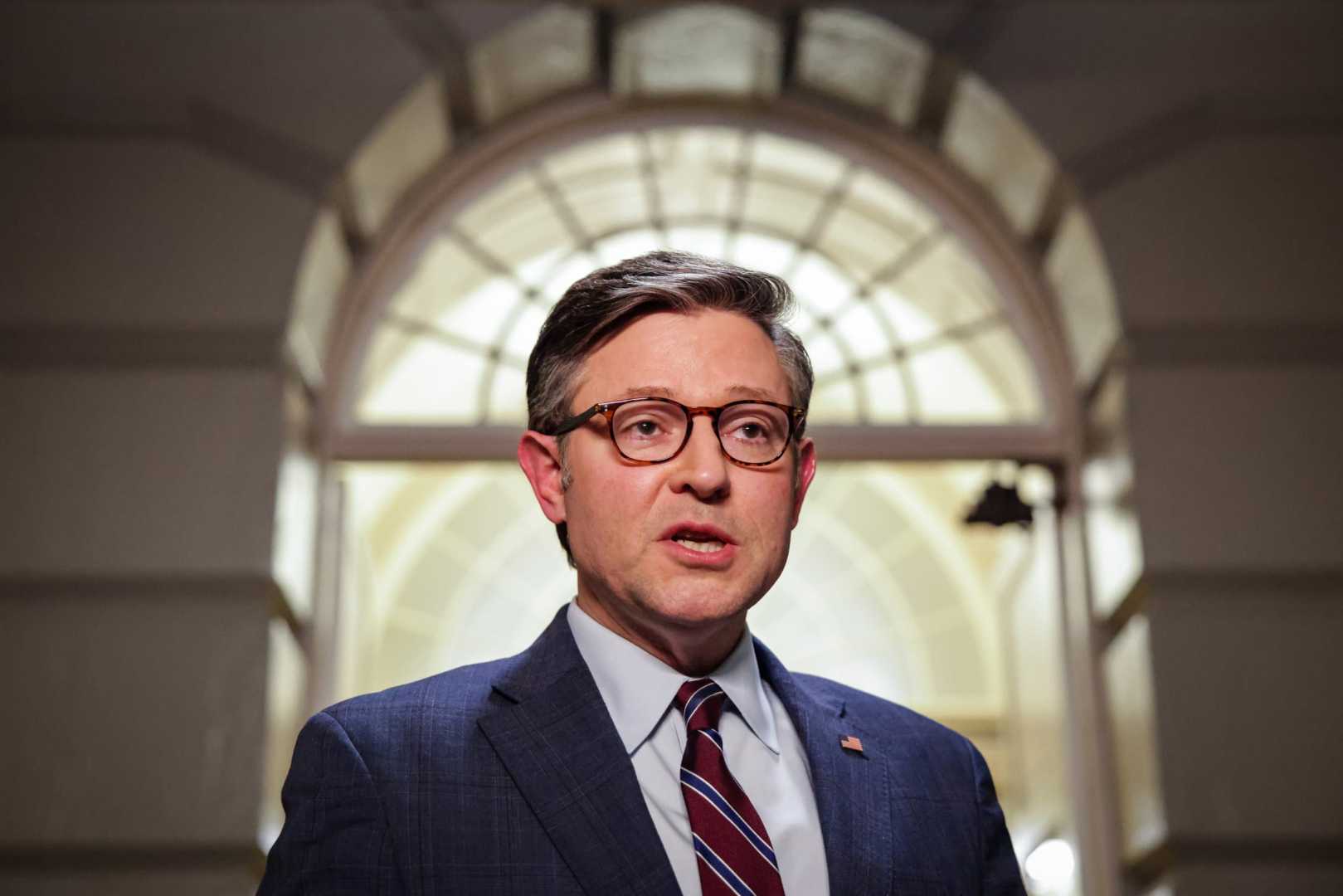Business
Uncertainty Looms as Government Shutdown Threatens Economy

New York, NY — As the threat of a government shutdown looms, economic experts warn of potential risks that could disrupt the already fragile U.S. economy. A bipartisan effort to prevent the shutdown has stalled, leaving citizens concerned about the ramifications.
House Speaker Mike Johnson spoke at the Capitol on September 16, expressing the need for a resolution. Yet negotiations have reached an impasse. The looming shutdown, if it occurs, may not just create chaos in Washington, but could also affect crucial economic data releases, including the jobs report and inflation metrics.
Economic analysts like David Kelly, chief global strategist at JPMorgan Asset Management, believe this shutdown could have a more significant impact than in previous years. “The timing is bad. It’s a little bit more dangerous this time,” Kelly said in a recent interview.
One major concern is the possibility that this shutdown could lead to delays in key economic data. If federal workers are furloughed, the Bureau of Labor Statistics might not have the necessary information to release the September jobs report on time. In past shutdowns, the U.S. economy has shown resilience, but permanent layoffs could amplify the negative impact.
Stephanie Roth, chief economist at Wolfe Research, cautioned against the risks associated with mass layoffs of federal employees. “Laying off hundreds of thousands of federal workers during a shutdown would be a really big economic problem,” she stated. Jared Bernstein, an economic adviser at the Biden administration, echoed this sentiment, describing the consequences as unfair to innocent workers being put at risk.
Despite the escalating situation, Wall Street appears largely unfazed. Stocks surged even as the likelihood of a shutdown increased to over 80%. Keith Lerner, chief investment officer at Truist Wealth, noted that previous government shutdowns have had minimal lasting impact on the stock market.
Market veterans often draw comparisons to natural disasters such as hurricanes or snowstorms, where temporary disruptions quickly return to normal once operations resume. Roth, however, emphasized that this shutdown might be different due to the added uncertainty in the economy.
The potential shutdown is largely tied to ongoing disputes over federal budgeting and spending priorities, particularly regarding healthcare and federal workforce size. Congress has until October 1 to resolve these issues, and with both parties embroiled in negotiations, the implications of a shutdown loom larger than usual.
The unfolding situation underscores the need for timely decision-making in Washington to prevent further economic instability, especially as Americans approach the upcoming budget deadline.












